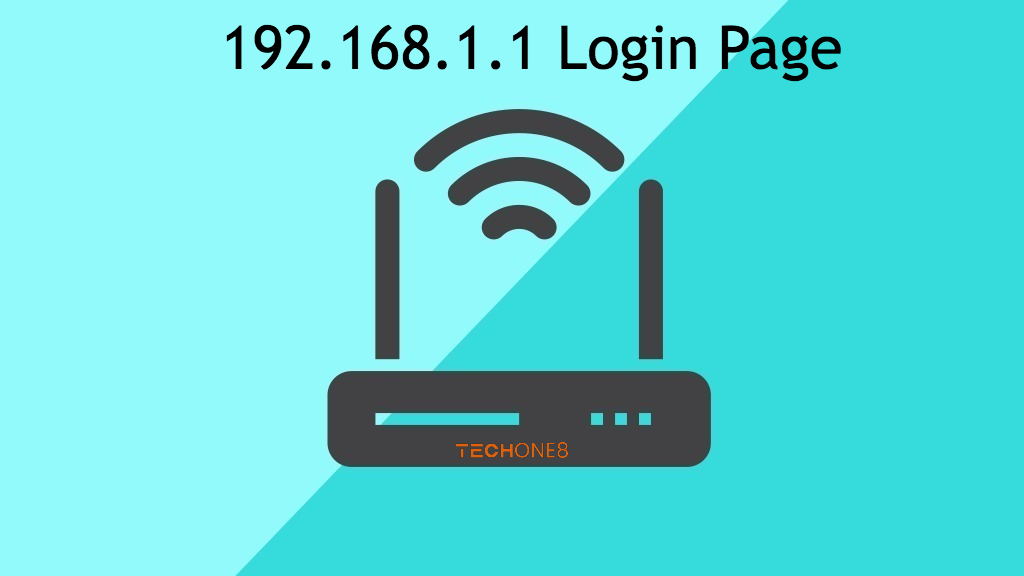All professional promotions are deserved for those who receive them and may be viewed with a certain air of “greed” by other colleagues in the company. And when the promotion makes the co-worker your leader? What is there to do on both sides of the coin? How should the new leader and the friends who are to be led behave? Delicate and complicated situation for both parties, but nothing that a lot of attention and caution in the professional treatment does not solve. The first trimester in this relationship is essential for everyone, being more exact, the first 100 days.

Throughout the world, until the end of 2015, according to data from the American consultancy Gartner, more than 4.4 million jobs related to the IT area will be created. The projection is that 25% of companies have a CIO or IT director. Faced with this scenario, many professionals in the area dream of growing in their careers and occupying a leadership position.
Many times the best IT developers get promoted. The reasons are simple; they stand out for their attention to detail, speed of thought and mastery of matters relating to the area. This knowledge means that professionals receive the much-desired promotion as a reward for their effort. However, such positive attributes within the team can disrupt the development of the sector if attention is not redoubled. For that, it is important to know that a good leader needs to understand that leading a team does not mean charging, monitoring or threatening.
Research indicates that smart thinkers often leave their teams behind, confusing and demoralizing them. Professional tuning is necessary for success. The first 100 days in a senior IT role are crucial. Relationships change and responsibilities too. Time becomes more and more scarce; however, the attention with colleagues needs to be more and more intense. With the change of position, there are people to attend to, meetings to participate in, and decisions to make and more and more study of the market. It is necessary to know how to differentiate issues that need immediate attention from those that can be dealt with later.
Contents
Ways for being a good IT leader
IT is a valuable skill that everyone needs to know and IT leaders are often the ones who are best equipped to execute in their organizations. Whether you work in an organization with a big infrastructure or as a freelancer, it’s important to recognize your strengths and focus on what you do well. The most important thing to do when learning IT leadership is to practice the skills that you do well. This can only be done by making sure that you are using your personal skills and knowledge in the best way possible. These are some important ways that will help you to become a good leader in technology.
1- Ask questions
That’s the advantage of being new to the job. Asking about the area helps build a better understanding of the environment. Also, it can help others to see things from new perspectives. Occasionally asking questions will expose a problem, but it’s better now than later. And sometimes asking questions will help develop a culture of dialogue and collaboration.
2- Have priorities
Your time is now scarce and very valuable, remember the phrase: “time is money”. Define your schedule, but be prepared for the unexpected and have the flexibility to change the routine from day to day.
3- Have contacts
Some people call that a quick win, but before that, relationship building helps in everyday professional life.
4- Listen to your team
Before defining its structure, listen to all the members. That meeting can bring good learning.
5- Understand economic cycles
When should budgets be made? When do sales cycles increase? It is necessary to understand the economic variations quickly. That measurement is going to help you prioritize time to create new initiatives.
6- Lead
Your team, your colleagues, and your boss expect leadership. If that doesn’t happen, you will be seen as just the technology person, or someone with a broader understanding of the business. It is necessary to participate and lead with wisdom.
In addition to the suggestions presented above, the new professional needs:
- Learn to communicate clearly
- Listen to the team
- Interact with the group, allowing everyone to learn from everyone
- Recognize team wins
- Have the humility to share your knowledge
- Have consistency, making the group understand what to expect in any situation and, thus, manage to make the best choices
- Have a broad vision. This means worrying about what is happening in the market, in the company and in the team itself, in order to develop the best strategies
- Have the ability to solve problems
- Be open to learning from other leaders
- Do not be afraid to seek professional support, when necessary
- Be flexible, without fear of change
- Be proactive
7- Focus on the team
The new IT leader must focus on his team and relationships. He needs to be the motivator of his team.
8- Speed
The IT leader must move quickly. You have a lot to learn, things to do, and construction plans to implement. Time never stops.



